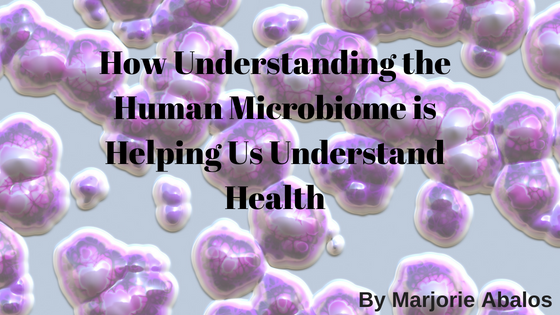What are microbiomes? Within our body, we house a wide range of micro-organisms. These include bacteria, the single-celled organism commonly known as archaea, fungi, viruses, and other microbes. The collection of all these organisms are called the human microbiota and can affect a huge array of bodily functions and the way a body works and presents.
The human microbiome has been quite the hot topic for research lately. Scientists and medical researchers are still working to understand the breadth of its function, however, some of the interesting conclusions that this has produced is the potential that the microbes inside us could be the cause of “a plethora of conditions, from obesity to anxiety.”
Although this may sound alarming–the prospect that there are bacteria inside of your body–this is often misconstrued. Bacteria outside of the body can lead to serious infection, however, the bacteria inside of your body can instead help to protect against it. There has been research done that suggests that animals without or with less gut bacteria have a higher risk of serious infection.
In addition to having these effects and influences on the human body, the gut microbiome has also been linked to how individuals respond to certain drugs and treatments. This could be tremendously helpful in figuring out how people will react to treatments before they are given, especial if the treatments have the potential to work in a negative manner. For instance, the gut microbiome has been linked to how cancer patients respond to chemotherapy and the vaginal microbiome is linked to whether an “HIV-prevention drug applied to the vagina is effective.”
All of this work, of course, is quite new and propositional in many ways. There are studies being conducted on mice to weigh how these associations are linked and can be tinkered with. Even in mice, hower, things are complicated. Effects of tinkering with the microbiome differ between sexes and between different breeds and strains of mice.
So the big question here is how can all of this relay over to humans and medicine? Firstly, understanding the microbiome can help us understand the complex functions of the human body as a whole, and the cause of many conditions and bodily patterns that medicine has struggled to understand in the past. Next, it can give a greater insight as to how to treat the human body, potential through manipulation of the microbiome as we come to understand it more and more. Overall, the microbiome as a hot topic greatly contributes to our understanding of human biology, physiology, chemistry, and anatomy in a way that is cutting edge and has the potential to change medicine as we know it.

